African Union tackles security challenges, introduces the all-Africa passport, and fails to election a new AU Commission chairperson
The African Union held its 27th annual summit July 11-18, during which time top policymakers across the continent debated and unveiled priorities and innovative policy proposals for the continent. Topping the agenda was the recent eruption of violence in South Sudan after a short-lived peace agreement. United Nations Secretary-General Ban Ki-moon, who was in attendance, called for an arms embargo and targeted sanctions, while East African leaders supported and prompted the deployment of an AU peacekeeping force.
Indeed, policymakers had a long list of issues to work through during the summit: On budget issues, leaders agreed to enhance the AU’s “self-reliance” by levying a 0.2 percent tax on some imports in order to move away from its high dependence (73 percent) on external donors for its annual $500 million budget. In order to enhance regional integration and trade, the African states launched the new all-Africa passport. While only heads-of-state are eligible— President Paul Kagame of Rwanda and President Idriss Déby of Chad are the first to receive them so far—many African citizens praised the move to open borders for growth. Delegates also agreed to a new “roadmap” for tackling the most pressing health issues affecting the continent in its “Catalytic Framework to end AIDS, TB, and Eliminate Malaria in Africa by 2030.” Finally, at the end of the summit, Morocco, which has not been an AU member for 32 years due to the union’s decision to recognize Western Sahara, expressed its wish to rejoin the regional organization.
Perhaps most interestingly, the heads of state of the African Union failed to elect the next AU Commission chairperson. After the first round, none of the three controversial candidates won a majority of the vote, largely due to many abstentions. After the second round, there was still no two-thirds majority, the election was declared null, all three candidates were eliminated, and the voting was postponed until January. The current administration, led by Dr. Nkosazana Dlamini-Zuma, will continue to hold the chairmanship until then.
For more analysis on what these controversial elections mean for the African Union, see John Mbaku’s blog, “Stalemate in Kigali: African Union fails to elect a chairperson.”
Bill Gates keynotes Nelson Mandela International Day celebration
This year’s annual U.N. Nelson Mandela International Day was celebrated around the world on Monday, July 18, Mandela’s birthday. Public participation in Mandela Day was spurred by the annual social movement, “67 Minutes for Mandela,” the devotion of 67 minutes of one’s time that day, one minute for every year of Mandela’s service, toward changing the world for the better. On the official Mandela Day website and through social media, people around the world shared community actions to which others could dedicate their 67 minutes. The 67 minutes of kindness toward strangers is meant to represent Mandela’s belief that “…to be free is not merely to cast off one’s chains, but to live in a way that respects and enhances the freedom of others.”
To celebrate this day, every year the Nelson Mandela Foundation hosts a lecture where prominent visionaries are invited to speak on topics related to the themes of Mandela’s life. The 14th annual Nelson Mandela Lecture’s theme was “Living Together,” the core principle that drove Mandela’s words: “If you want to make peace with your enemy, you have to work with your enemy. Then he becomes your partner.” Bill Gates was selected to give this year’s lecture at the University of Pretoria, which he took the opportunity to focus on the potential of the African youth and the necessity to increase the opportunities for these young people to thrive, especially given the continent’s rapid demographic change. Gates also echoed Mandela’s hope for the future, declaring that “people can make the future better than the past,” and that “highlighting the oppression of young people is a powerful way of explaining why things must change.”
In addition to his speech, Gates also pledged an additional $5 billion in investment over the next five years toward the areas the Gates Foundation believes will have the greatest impact. These include the distribution of vaccines for diseases like pneumonia and severe diarrhea, the fight against HIV/AIDS, the breeding of vitamin-enriched staple crops, and improving education systems across the continent. The investment aims to “clear away the obstacles standing in young people’s way so that they can seize all of their potential.” The Mandela Foundation’s key focus areas for 2016, including education and literacy, food security, and shelter and infrastructure, mimic the same necessity for the basic requirements that pave the road toward human empowerment. Although this year’s theme of “Living Together” applies to people of all ages, the spotlight of this Mandela Day, and of Gates’ lecture, was on Africa’s youth and the potential of the growing youth population. In the words of Nelson Mandela, “There is no passion to be found playing small – in settling for a life that is less than the one you are capable of living.”
Nigeria faces a rocky week
Many Africa watchers have been noting some of Nigeria’s recent economic troubles this week. The International Monetary Fund decreased its growth forecast for Nigeria from 2.3 percent to 1.8 percent, attributing the slowdown to a decline in oil production, falling oil prices, and lowered investor confidence. According to this forecast, the Nigerian economy will experience its first contraction in over 20 years. Growth forecasts for 2017 are even bleaker—the IMF cut next year’s forecast from 3.5 percent to 1.1 percent. Breaking another historical trend, inflation reached 16.5 percent in June, the highest level observed in Nigeria in 11 years.
Unfortunately, the benefits of a free-floating naira have not yet been achieved. Though the government released the naira-to-dollar currency peg on June 20, the Central Bank of Nigeria retook control of the exchange rate after the naira fell 30 percent against the dollar. In order to prevent the naira from weakening further, the bank decided to curb demand for dollars by prohibiting the purchase of non-essential imported goods with dollars. Curbed dollar demand has repressed the expected increase in foreign exchange inflows, and forced importers onto the black market for dollars—where the exchange rate is about 20 percent less favorable to the naira than on the formal market. A shortage of goods, including milk and fuel has ensued, and factories in need of inputs have halted production.
Nigeria’s economic woes have simultaneously caused and been exacerbated by the activity of the Niger Delta Avengers, a group of insurgents from the impoverished delta region that generates most of the country’s oil wealth. The rebels are frustrated with the government’s failure to use oil revenue to develop the delta region, and some believe President Muhammadu Buhari is ignoring the region due to his northern ties. In response, the group has been damaging crucial oil pipelines in recent weeks, causing Nigeria’s oil production to plummet from 2.2 million to 1.5 million barrels per day. The decrease in oil production will have serious ramifications for the Nigerian government, as oil revenue comprises two-thirds of the government’s income.
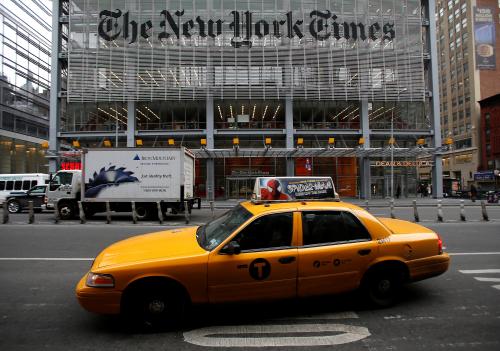
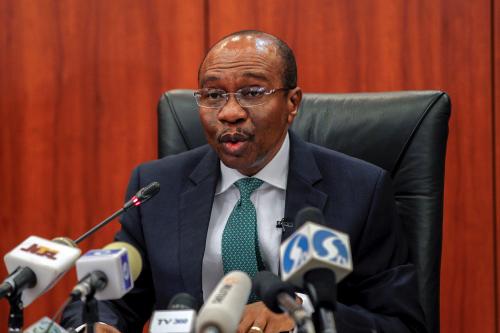
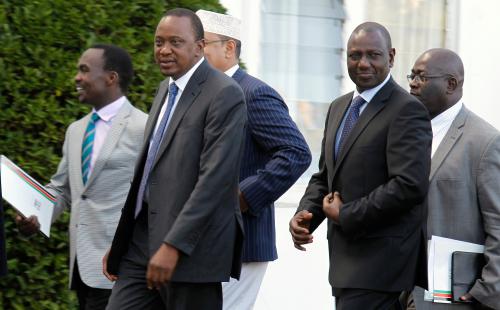
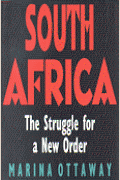
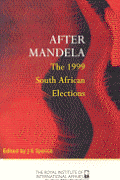
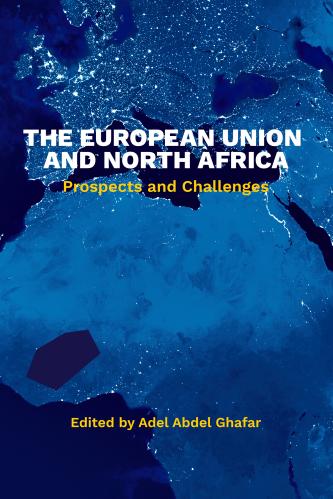


Commentary
Africa in the news: AU summit held, Bill Gates keynotes Nelson Mandela Day, and Nigeria continues economic woes
July 22, 2016